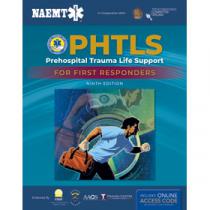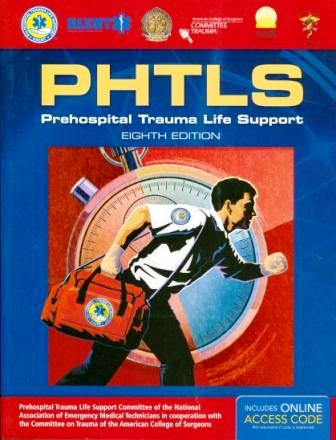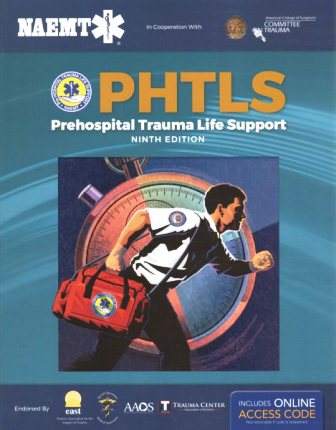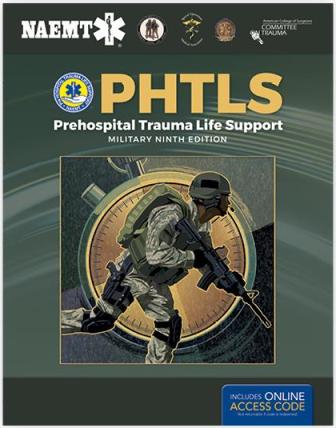Prehospital Trauma Life Support for First Responders (PHTLS-FR) from the National Association of Emergency Medical Technicians (NAEMT) is the perfect course for emergency medical responders (EMR), firefighters, rescue personnel, and law enforcement officers. This course trains first responders to provide the most effective trauma treatment before emergency medical services (EMS) arrive on the scene. The
PHTLS-FR course manual is the only approved student resource for the PHTLS-FR course and delivers concise, comprehensive, evidence-based guidelines obtained from the internationally renowned course for EMS practitioners, Prehospital Trauma Life Support .
In the field, seconds count. PHTLS-FR teaches and reinforces the principles of rapidly assessing a trauma patient using an orderly approach, immediately treating life-threatening problems as they are identified, and minimizing any delays in initiating transport to an appropriate destination. Developed by NAEMT in cooperation with the American College of Surgeons Committee on Trauma (ASC-COT), PHTLS-FR reflects current, evidence-based knowledge and practice, and promotes critical-thinking as the foundation for providing quality care.
Dynamic Learning Solutions
The PHTLS-FR course manual reinforces and clarifies key concepts from the PHTLS-FR course, featuring an engaging, interactive design. The course manual is written so you feel like you are participating in a conversation, versus listening to a lecture.
The course manual includes the following key features:
- Chapter Objectives and closing Summaries—Reinforce must-know information in a condensed format for easy understanding.
- Progressive Case Studies – Monitor a patient from dispatch to assessment to management to transport and determine how you would treat a similar case in the field.
- Critical-Thinking Questions – Apply the knowledge presented in the lesson and strengthen your patient management skills.
- Study Questions – Prepare for success on the course’s post-test by reinforcing the lesson’s main concepts through case-based questions.





